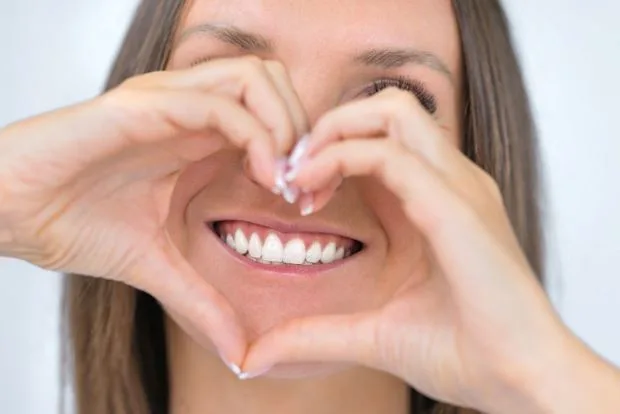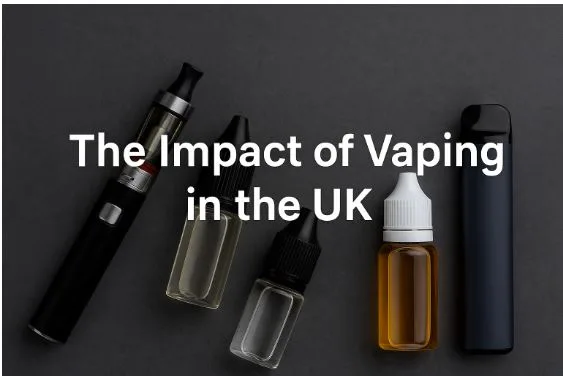The Modern Approach to Safe and Effective Teeth Whitening in the UK
In recent years, teeth whitening has become one of the most sought-after cosmetic dental treatments in the UK. However, with so many options available – from over-the-counter kits to professional in-clinic treatments – it’s crucial to understand which methods are both safe and effective. This guide explores the modern approach to teeth whitening, offering UK consumers the knowledge they need to achieve a brighter smile without compromising oral health.
Understanding the Basics of Teeth Whitening
Teeth whitening works by removing stains and discolouration from the tooth’s surface, often using peroxide-based bleaching agents. These stains can result from food, drinks, smoking, or the natural ageing process. While the goal is a whiter smile, the method chosen makes all the difference to safety and results.
Professional Teeth Whitening: The Gold Standard
Professional teeth whitening, performed by a qualified dentist or dental hygienist, remains the safest and most effective option. In the UK, only registered dental professionals are legally permitted to use high-strength whitening gels. This ensures:
Personalised treatment plans tailored to your dental health.
Stronger yet safe whitening agents that deliver faster, more visible results.
Supervised application, reducing the risk of gum irritation or tooth sensitivity.
Popular methods include in-clinic laser whitening and custom-fitted whitening trays for at-home use under professional supervision.
The Rise of At-Home Whitening Kits
At-home whitening kits have grown in popularity due to their affordability and convenience. While some kits sold in the UK meet safety standards, others – particularly those purchased online from overseas – may contain illegal levels of hydrogen peroxide, posing serious risks.
For a safe at-home experience, choose kits provided or recommended by a dental professional. These contain legally compliant concentrations of whitening gel and are paired with custom-fit trays to ensure even application.
Whitening Toothpastes and Non-Bleaching Alternatives
Whitening toothpastes can help maintain results by polishing away surface stains, but they won’t dramatically change tooth colour. Similarly, non-bleaching treatments like polishing and airflow cleaning can refresh your smile without altering the enamel. These are ideal for individuals with sensitive teeth or those seeking a subtle enhancement.
Safety First: Avoiding Common Risks
Unsupervised or DIY whitening treatments carry risks such as:
- Gum burns or irritation
- Tooth sensitivity and enamel damage
- Uneven whitening or patchy results
To protect your oral health, always have a dental check-up before whitening. This ensures there are no underlying issues, such as cavities or gum disease, that could be aggravated by the treatment.
Regulations and Legal Guidelines in the UK
In the UK, the General Dental Council (GDC) regulates teeth whitening to protect consumers. By law:
- Only registered dental professionals can use whitening products with more than 0.1% hydrogen peroxide.
- Over-the-counter whitening products can legally contain only up to 0.1% hydrogen peroxide – much weaker than professional treatments.
- Always check your provider’s credentials before proceeding with any whitening procedure.
Maintaining Your Results
Once you’ve achieved your desired shade, you can prolong results by:
- Avoiding stain-causing foods and drinks such as coffee, tea, and red wine.
- Brushing twice daily with a fluoride toothpaste.
- Scheduling regular dental hygiene appointments.
- A professional top-up treatment every 6–12 months can help keep your smile bright.
Conclusion
The modern approach to safe and effective teeth whitening in the UK, like teeth whitening leeds, is built on professional expertise, legal compliance, and tailored treatment plans. While at-home kits and whitening toothpastes can play a role, the safest and most dramatic results come from treatments supervised by registered professionals. By following the latest guidelines and prioritising your oral health, you can enjoy a radiant, confident smile without the risks associated with unregulated products.






